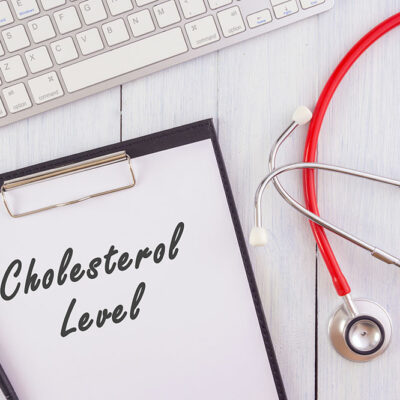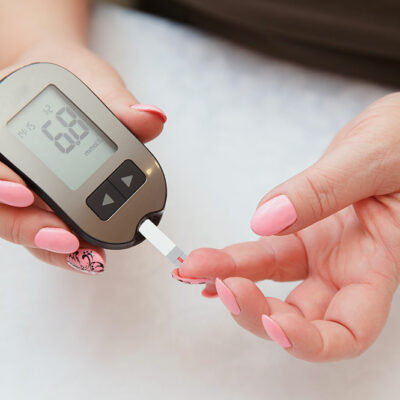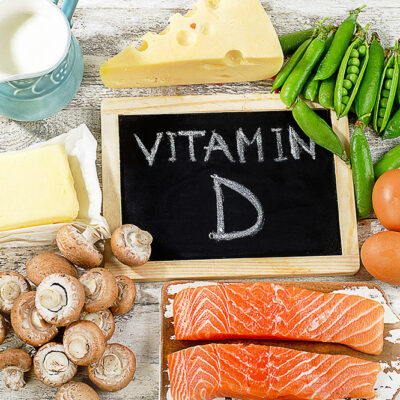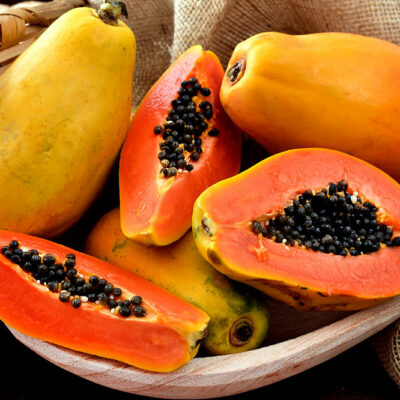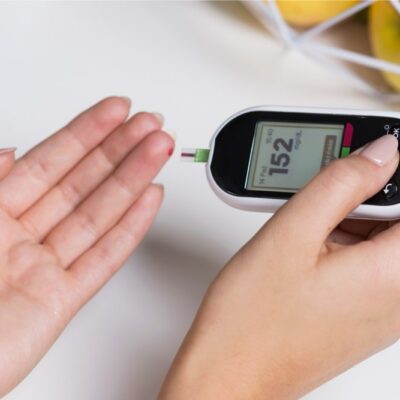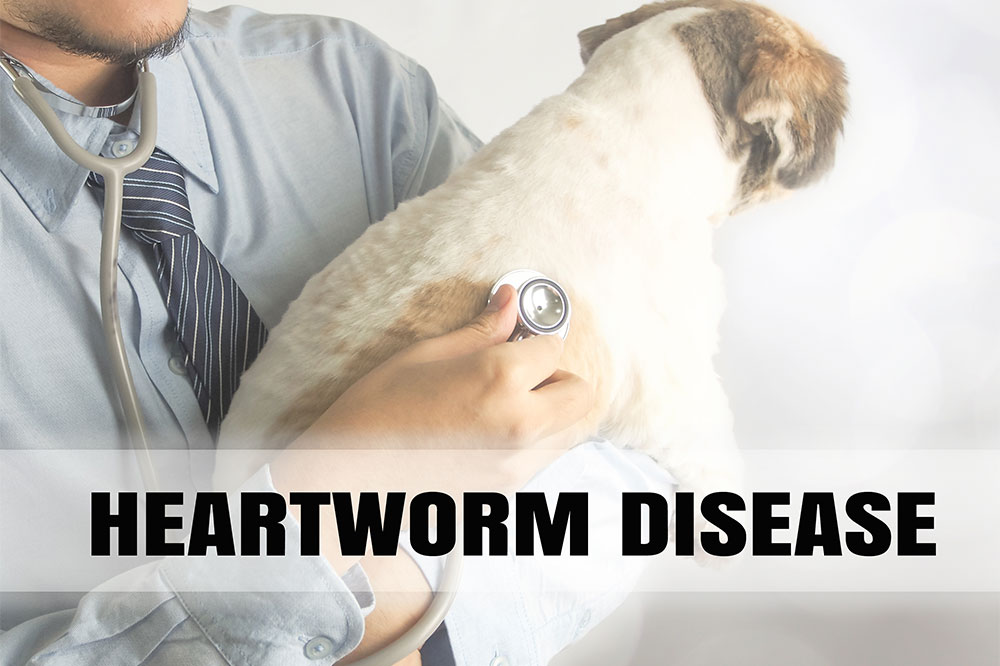6 healthy foods to manage menopause symptoms

Menopause is a transitional stage that marks the end of a woman’s reproductive years. During this phase, the body undergoes many changes. Accordingly, women feel symptoms such as wild hormonal fluctuations, anxiety, and increased body heat during menopause. Certain foods like processed meat, spicy meals, and sodium-rich items tend to trigger these symptoms easily. However, some other foods can help reduce their severity significantly. Some healthy foods to manage menopause symptoms are listed below.
Yogurt
One of the hormones that fluctuate most during the menopausal stage is estrogen. Estrogen levels undergo a major decline during this phase. An estrogen deficiency can harm bone health and vital bodily functions among women. Reduced bone density can cause health conditions like osteoporosis.
To prevent that, women need to eat calcium in high quantities. Low-fat dairy foods such as yogurt and fatty fish can restore the body’s calcium levels. One can choose plain yogurt with little or no added sugar to manage menopause symptoms. For vegetarians, various plant-based yogurts are also available.
Oatmeal
Like calcium, fiber is important to reduce cholesterol, keep blood sugar levels in check, and prevent constipation. Therefore, fiber-rich grains, vegetables, and fruits are essential to a woman’s daily meals during the menopausal transition. Oatmeal and brown rice pasta are two fiber-rich foods that can replace processed meats or items with refined carbohydrates (pasta and white bread).
An added advantage of eating oatmeal is that it makes a person feel full after eating a decent portion. It prevents women from potentially overeating and having problems such as cholesterol increase or accumulating unhealthy body mass during menopause. Furthermore, oatmeal also helps to boost one’s energy levels during this phase.
Broccoli
Green leafy vegetables have innumerable health benefits, so they almost always make their way into “best foods” lists. Broccoli is a cruciferous vegetable with various health benefits, especially for menopausal women. Broccoli, like yogurt, enhances estrogen levels in women. It strengthens the bones and keeps health conditions like breast cancer at bay.
Also, as with yogurt and oatmeal, broccoli is rich in calcium and fiber, making broccoli beneficial for menopausal women in many ways.
Salmon
Fatty fish like salmon, sardines, and mackerel are rich in omega-3 fatty acids and vitamin D. Both these nutrients have massive health benefits. Omega-3 fatty acids have been found to reduce night sweats, a common menopausal reaction, and the risk of breast cancer. On the other hand, vitamin D keeps the bones healthy, keeps breast cancer at bay, and prevents other chronic health conditions brought about by menopause in women.
Strawberries
Berries, such as strawberries, raspberries, blueberries, and blackberries, are inherently helpful for regulating menopausal symptoms due to their natural sweetness and anti-inflammatory properties. The most significant benefits of berries are their ability to reduce the risk of heart disease during menopause and undesirable body mass accumulation.
Additionally, berries are delicious to eat as a side dish or snack any time during the day. Strawberries, in particular, can keep a woman’s skin glowing and healthy during menopause.
Eggs
Eggs are excellent sources of vitamin D, iron, and proteins. Vitamin D and iron deficiency are common among menopausal women; therefore, eating eggs will hugely benefit during this phase. Furthermore, the protein content of eggs helps lower the risk of cardiovascular diseases, developing unhealthy BMI, and reducing cholesterol levels among women during this phase.




